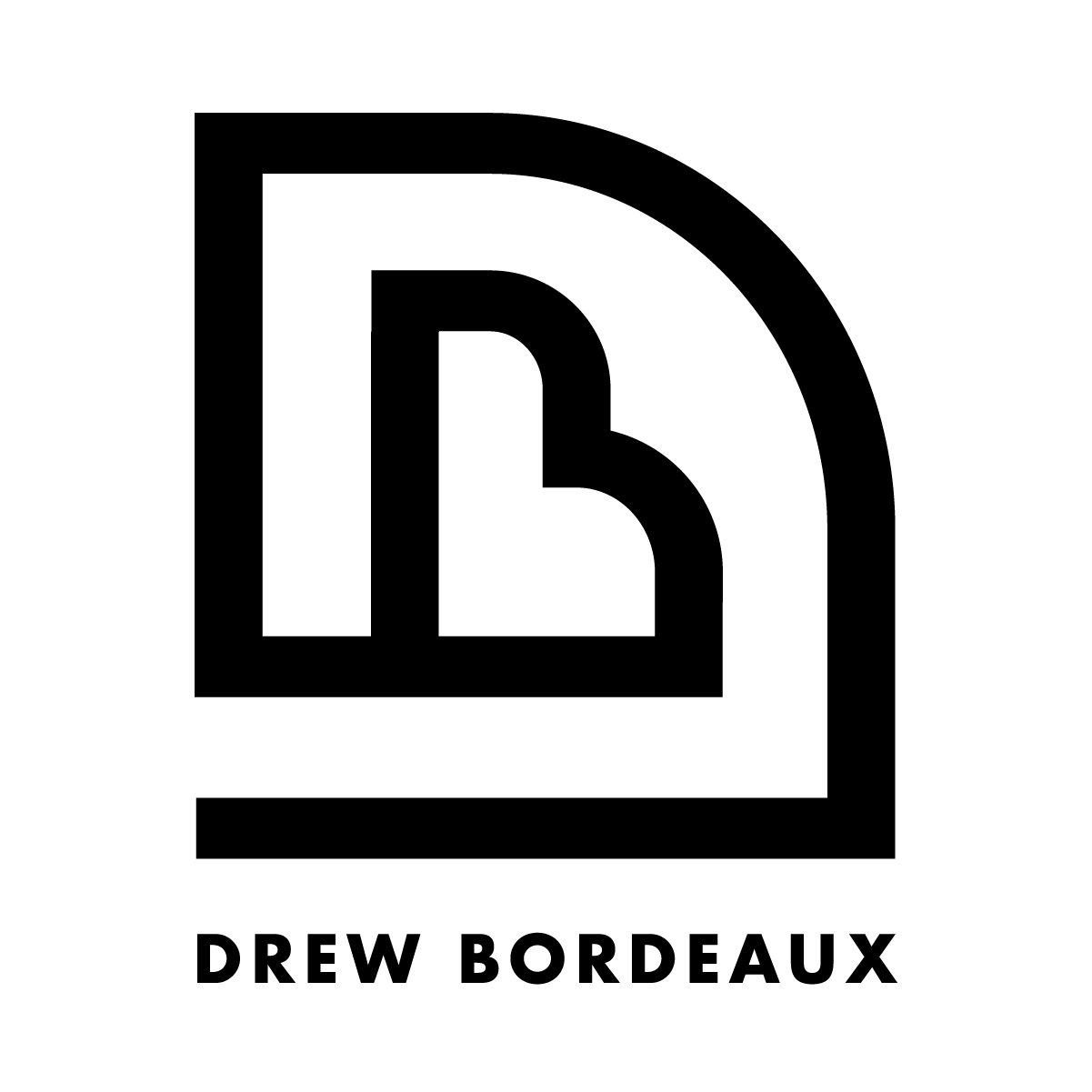Step 7: Inequality is Inequality
Today, I want to talk about inequality, but separate from our dialogue on race. I’m splitting this out because, when it comes to our personal feelings on racial inequality in America, there are many things both conscious and unconscious that influence our views. As such, we approach conversations with each other armed with ideas we’ve learned from our parents, things we’ve learned from media consumption, things we learned from our friends, our own personal experiences and more.
Likewise, not only do our views come from so many places, but when we try to engage in “fixing” racial inequality, we discover that it lives in SO many places. Like our favorite character from the Where’s Waldo books, racism hides pretty much... anywhere. In courtrooms and traffic stops, classrooms, loan offices, Senate chambers, voting booths, malls…anywhere.
So we end up with a heaping mixture of societal ills in an already full cauldron of complex personal perspectives. It can feel so weighty and so complex that we often freeze or walk away, unsure of where we stand, unsure of what the answers are, and unable to truly move forward.
It’s important that if we intend to embark on a journey of real racial progress, we center ourselves around how *any* humans should be treated. Step 7 is a healthy time to take a step back and really examine our personal tolerance for inequality, wherever it may roam. While it’s hard for most of us to imagine a solid justification for slavery existing today, most of us have a tolerance for inequality in ways both seemingly big and small. Most of us didn’t push too hard against the socioeconomic boundaries created by a culture where unpaid internships were a primary gateway to gainful employment in many lucrative careers. We don’t ask too many questions about where our iPhones really come from, we’re just starting as a society to challenge the abuses (let alone the waste) of fast fashion, and we embrace the all-access joys of platforms like Spotify without too much concern for the compensation of the persons who created that one song we keep listening to over and over.
Why are we collectively (mostly) okay with these things? Simply put, inequality thrives when we are ignorant to or shielded from its existence. If we’re not about to be an intern, we’re not thinking about the economic impact of internships. If we’re not in the Foxconn Factory in China, we’re not consumed with thoughts of the harsh living conditions and demands of that campus. If you’re not a songwriter charged with putting food on the table, the struggle may be real, but it’s not your own.
As I’ve previously addressed, I recognize we are inundated with so very much information on a daily basis. No one, including me, would suggest now is the time to abandon ship and embark on the quest of being a global social justice warrior, striving to un-wrong every evil of the world. We know that isn’t feasible and I’m certain that even if we tried, after less than a week, we’d have trouble getting out of bed in the morning. I’m sharing these examples for the sake of context. We must dismiss our naïveté. We, as individuals, just like our ancestors did, and just like our children will, have the innate ability to tolerate huge amounts of injustice and inequality. The question is, what do we do about it?
We take baby steps.
2020 is a shocking example of the power of the Butterfly Effect, whether it’s one poor culinary choice in China, or one Black man in Minneapolis. So why can’t we harness the power of the butterfly effect for some good? We will never know everything wrong that happens in the world, but we can open our eyes to the bad things that happen right in front of us, and develop the personal goal to take small actions to offset those ills.
Admittedly, one problem I don’t have a solution for is that our nation, separate from being irrefutably built on a belief in white supremacy, was economically built on free labor, and we’ve never really come up with a way to move away from that model. Our successes and growth are too often inextricably linked to the hardships of someone else. But maybe the “baby steps” model can apply here too - for instance if you're an employer and you’re hiring an outsourced offshore workforce, you can involve yourself in the humanity and concerns of those employees as if they were right here in the “Good Ol’ U S of A.”
The new national calls for justice after George Floyd, this “once in a generation” movement towards racial equality, specifically for Black Americans, is beautiful and I want it to continue. I want it to be long-lasting. But we know, one day, the protesters will go home. Some changes will have been made, while others will still need our attention.
I believe we only continue this march forward over the long term if we can metaphorically walk and chew gum at the same time. If while we are actively holding this singular outrage, this pain, and this desire for something better, we also latch on to a desire for a higher, wider, broader equality at the same time. That duality will positively inform our actions both big and small in the months and years to come.
See you again tomorrow for Step 8: Use Your Imagination!
“The arc of the moral universe is long, but it bends toward justice.” - Martin Luther King Jr.
